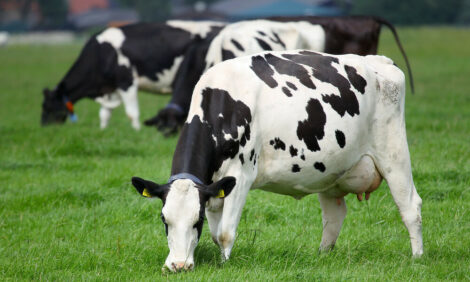



Dairy Supply Chain Holds Producers Back
CANADA - A new report by the Conference Board of Canada suggests that the dairy supply chain prevents producers from capatalising on opportunities, reduces competitiveness and does not allow long term challenges to be addressed.“Supply management largely meets its stated goal of improving producer incomes. But it also prevents milk producers from capitalising on opportunities in global markets, while thwarting Canada’s international trade objectives, and reducing competitiveness and innovation,” said Glen Hodgson, Senior Vice-President and Chief Economist.
Most Canadians are unaware of the elaborate behind-the-scenes machinations involved in the dairy supply management system. Since the 1970s, agencies under government authority have set the prices that farmers receive for their milk, and limited production through quotas to match anticipated Canadian demand for milk, cheese, butter, and other dairy products at those prices. To maintain high farmer milk prices and not undercut Canadian production, most dairy imports are restricted by tariffs of between 200 per cent and 300 per cent.
The report, Making Milk: The Practices, Players, and Pressures Behind Dairy Supply Management, finds that the system:
- Discourages the industry from addressing long-term challenges – The system relies on price increases or new regulations rather than addressing long-term challenges—such as declining milk consumption per capita.
- Leaves milk producers ill-prepared for a more competitive environment – Since the system provides weak incentives to be more competitive and efficient, if and when Canada fully or partly liberalises its dairy policies, farmers will find themselves at a competitive disadvantage.
- Restricts farmers’ ability to seize global opportunities – Global dairy demand is expected to continue its long-term growth, especially among the middle classes in China and India, and Canada’s higher-price system limits its competitiveness in these emerging markets. As well, supply management has restricted Canadian dairy exports up to the World Trade Organisation subsidy limits—Canada exported only $255 million worth of dairy products in 2008.
- Weakens Canada’s ability to access global markets — Defending supply management in trade talks compromises Canada’s ability to secure market access for other Canadian goods and services — including other agricultural products. Canada’s current negotiations for access to the European Union market may be compromised by the status quo dairy system.
Further Reading
| - | You can view the full report by clicking here. |
TheCattleSite News Desk


